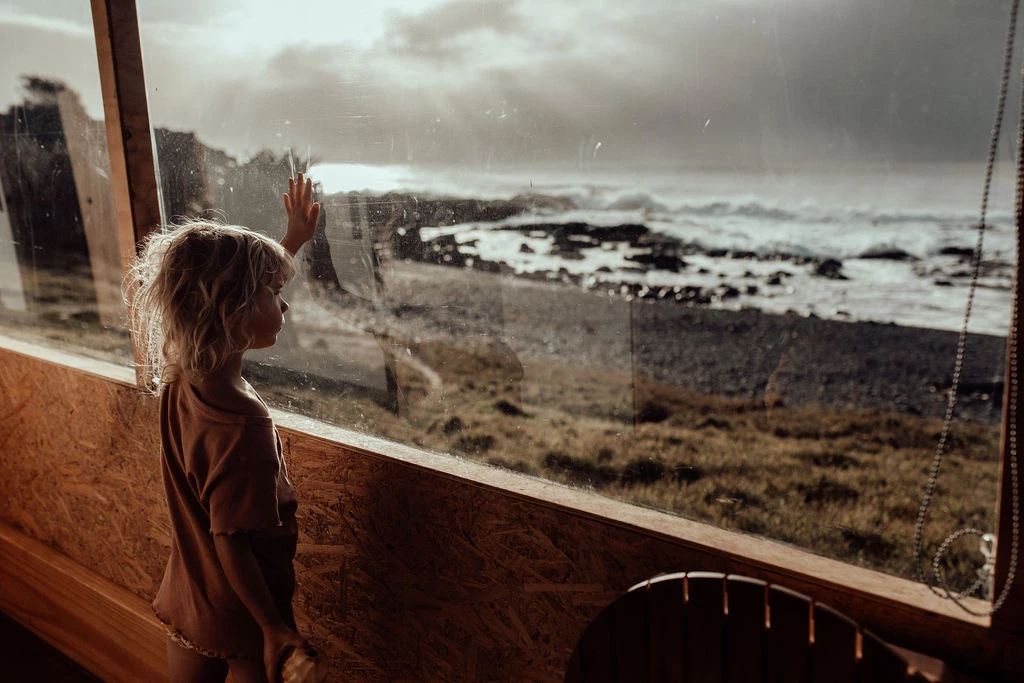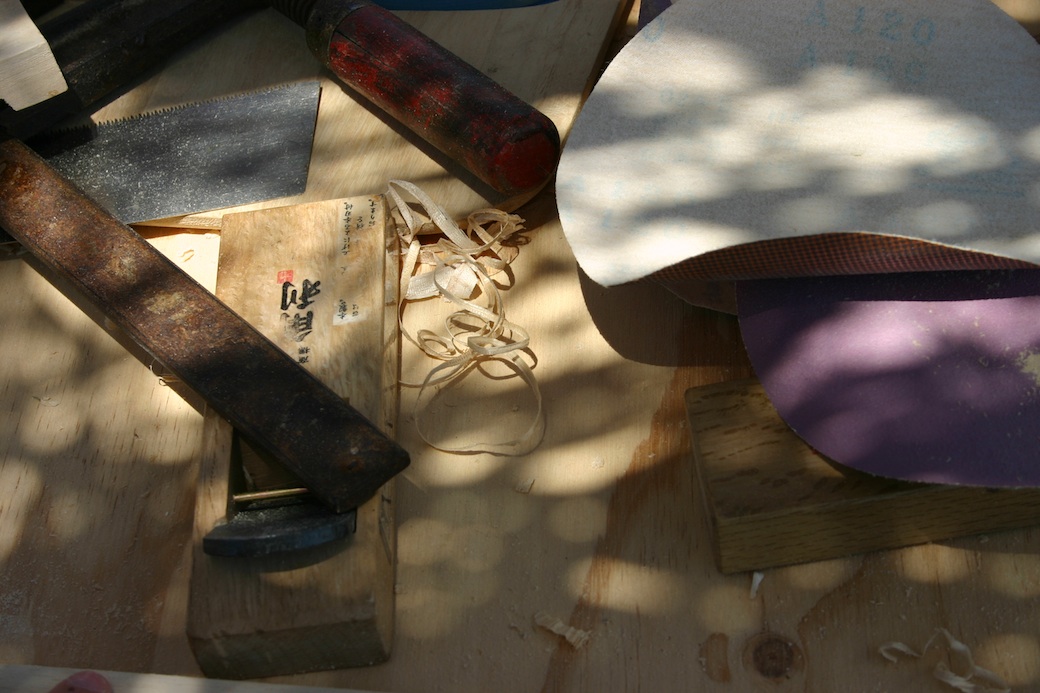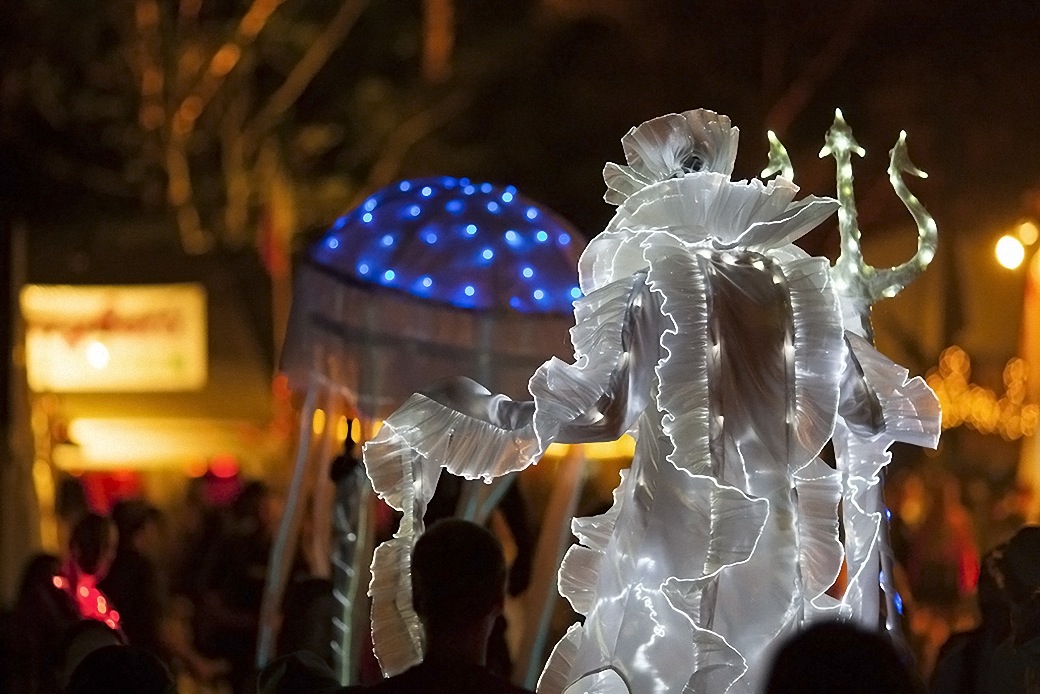
3 MINUTES | THE MAGIC OF WOODFORD
There is a certain air of magic surrounding the Woodford Folk Festival. It doesn’t boast the A-Grade international acts of other music festivals, it isn’t conveniently located in any of our major cities (or any minor ones, for that matter), and the usual ‘ get loose and party’ mentality of festival revelers is noticeably frowned upon.
But Woodford is, by each and everyone lucky enough to have witnessed one of the 27 years it has celebrated, one of the most memorable festival experiences around.

Established back in 1987, having evolved from the Maleny Folk Festival, Woodford is nestled in a wooded valley that evokes images of Tolkien-esque adventures and fairytale characters. Indeed, the ecologically-minded event directors and founders have encouraged this, respecting the land of the Jinibara People on which it takes place every year and planting over 100,000 trees on the site.
Fairy lights and Chinese lanterns festoon the arboreal dell, illuminating the winding pathways as they snake through the evanescent village, crossing bamboo bridges, passing evolving artworks, connecting the network of stages and stalls in a miasma of sights, sounds and smells.

“There weren’t many festivals around in 1987,” recalls festival director and co-founder, Bill Hauritz, “particularly the type of event that we did (isolated and focused upon experience as much as music). The festivals at the time seemed to be held in townships or cities at individual venues.”
Folk music, as Hauritz points out, has always been at the forefront of protest movements and alternative thinking. From inception, the festival has held a standpoint of activism. “There was always a strong sense of responsibility towards the environment and the ongoing message, even as early as the ‘80s, of climate change. When we bought the land at Woodford, we became more conscious that we were now caretakers of a block of land and could therefore now get our hands dirty, rather than just sing about it.”
The event organisers go to great lengths to ensure the underlying message of the festival is one of harmony: with the landscape, the environment, the planet and each other. Local spring water is sold throughout the venue but, unlike the majority of such events, one is encouraged to refill sustainable bottles, rather than purchasing plastic. Food is presented on bamboo or recycled paper products, to be eaten with wooden cutlery and stallholders are required to fulfill specific criteria of ethics and conditions, including a focus on locally made products, stall decoration and refusal of ‘offensive’ items, which, distinctively, include plastic toys and glow products.

Having so many people in a remote location is always going to raise environmental issues. But Bill and his team are pro-active in this far above and beyond the conventional festival mindset:
“I think the little issues that we first had have turned into big issues with the expansion of the festival. We have worked hard to reduce and recycle. We have got a very high recycle rate and we’re very careful about what plastic bottles our stallholders use so that they can be recycled. But, you know, that’s still a lot of plastic bottles. We’d love to move to a non-plastic world, but it’s so difficult because we keep hearing such things as the inefficiency and damage caused by glass recycling and so on.”
Continually expanding, Woodford retains the feeling of a family reunion or, at the very least, a gathering of like-minded people. Charities, NGO’s and alternative living are integral to the event and patrons are able to share ideas, unite and become educated in a lifestyle that isn’t necessarily socially accepted or available.

“We’ve always had an incredibly responsible and wonderful patronage,” gushes Bill proudly, yet humbly. “I think there’s a whole stack of people out there in the world who are well educated, they want an experience and they want to go out and have a good time in an atmosphere that’s friendly, that’s clean and wholesome without it being militaristic in that sense. I don’t think we’ve scratched the surface in that respect. I think there’s a lot of people at home who really want to get away from the television but are not quite sure where to go or how to do it.”
For those people, Woodfordia is the place and it is the way. For one week of the year, they are able to live the life they wish for the world: sustainable, harmonious, compassionate and conscientious, all seamlessly interwoven with the performers’ exceptional talent and entertainment. And, as more and more people connect with the Woodford philosophy, Bill is holding true to his original concept, maintaining the magic of the festival.
“The success [of this event] has been a shock to us. We’ve always been a little bit scared of success and have had to face up to the growth. We’ve concentrated all of our energy into creating a festival experience and I think the overall view we have of culture is that it doesn’t just belong to traditional folkies, but it’s across the arts and the music and culture of all people. So we developed a festival in which music is as much a part of the relevance as artists, poets, writers…literally anyone who is expressing the views and the feelings of us all, as ordinary people. That philosophy has underpinned the success of the festival and created an experience in the festival.”

There is a moment in the seven-day event that occurs each and every year that perfectly encapsulates its ideologies. Of the 160-odd hours it spans, three short minutes are so profound as to be the core of a Woodford experience. On December 31st, half an hour before midnight, bells sound across the venue. Candles have already been distributed to every patron and, as the resonant chimes reverberate through the enclave, they are asked to share the light of hope, change and positivity and take three minutes to reflect on their past year and visualize their future. As one body, shoulder to shoulder, they take a moment alone, of introspection, compassion and unity, manifesting positivity for themselves, their loved ones and this beautiful world in which we live.
This is Woodford.
– This article first appeared on Common Ground Australia on Nov 3, 2013
You May Also Like
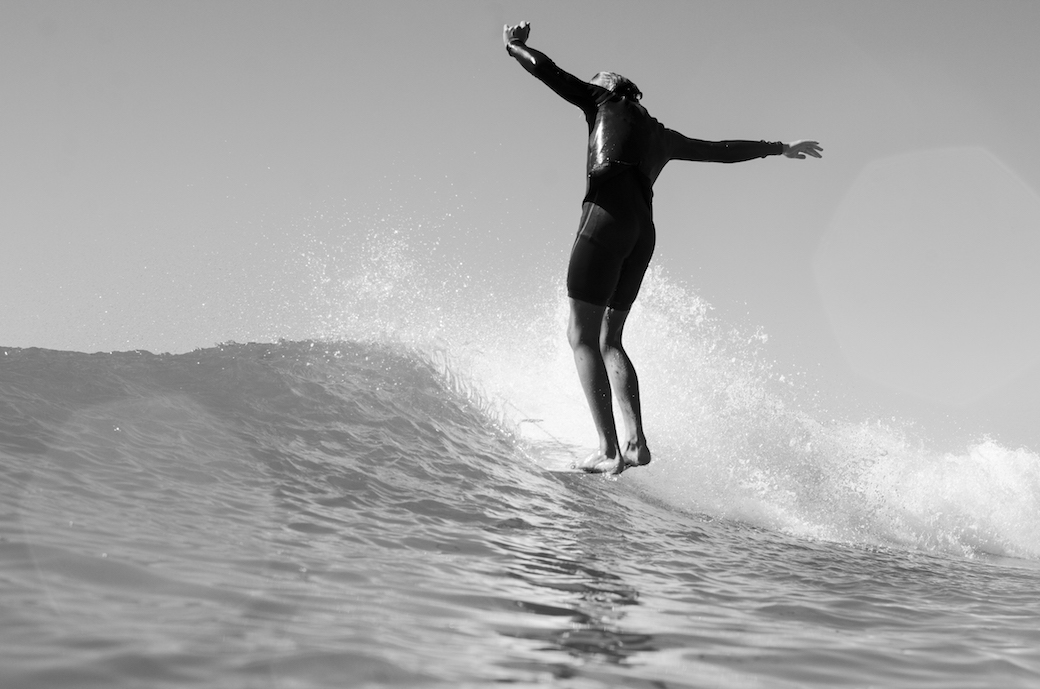
WARWICK GOW | THREE WISHES
June 3, 2015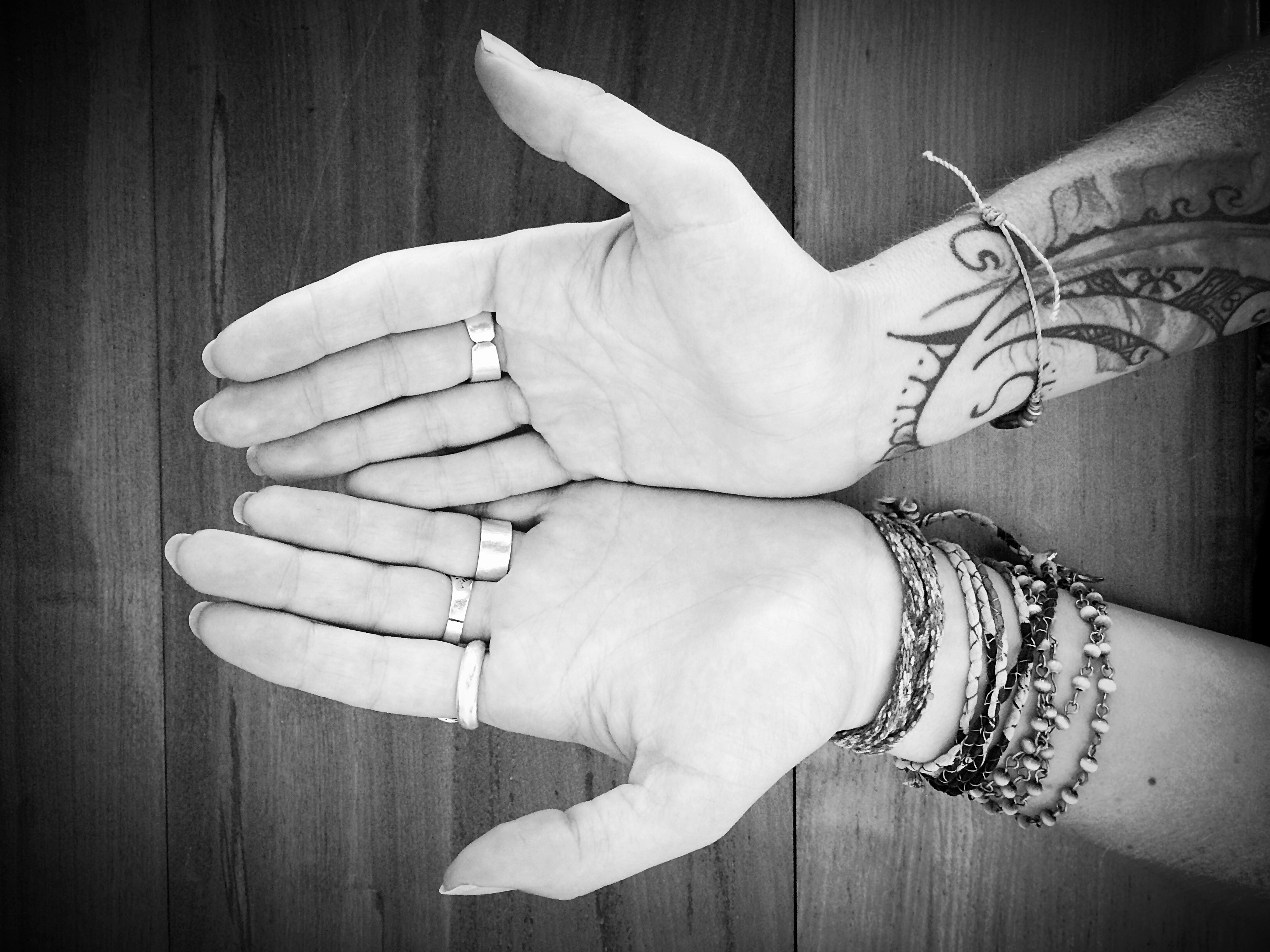
A MILLION IRIDESCENT MOMENTS
July 20, 2015